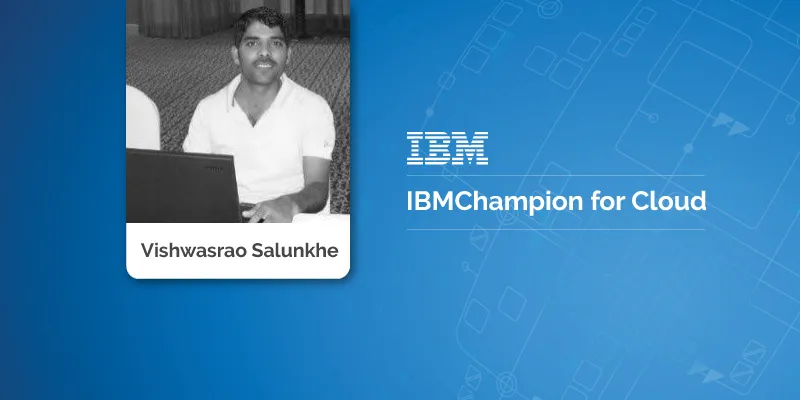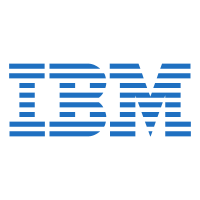A teacher at heart, IBMChampion for Cloud says youngsters can create smarter future with AI, IoT & Blockchain
Technology plays the role of a double-edged sword in our lives. While many of us might welcome the respite of a few hours, or even a couple of days without access to our phones or gadgets, any longer and it might turn into a modern day nightmare: no online shopping, no social media, no Siri or Alexa, and the list could go on.
Our increasing dependence on all things tech with every passing day means that companies need to constantly innovate and reinvent intelligent solutions with emerging technologies like Artificial Intelligence, IoT and Blockchain. And a glimpse into the minds of the people using these technologies to create these innovations, throw up some interesting results. Take Vishawsrao Salunkhe, an IBMChampion for Cloud from Bengaluru.
Vishwasrao’s passion and development skills were a perfect match for the IBMChampion for Cloud programme which aims to recognise innovative thought leaders who demonstrate both expertise in and extraordinary support and advocacy for IBM technologies, communities, and solutions.
Originally from Solapur, a small district in Maharashtra, Vishwasrao always wanted to become a Mathematics teacher. He studied the subject during his undergraduate days and then moved on to do a Masters in Computer Science. “To be frank, I didn’t expect to come this far. I went to a college which was 30km away from my village, in the hope that I’ll be able to teach some day,” he recalls.
But things took an unexpected turn for the better when he became a part of the IT industry after post-graduation. This was 10 years ago. Today, apart from being a father to an incredible four-and-a-half year old son, he works in Bengaluru as part of the Research and Development team in his organisation. He conducts training sessions for youngsters, talks at conferences and shares his experience with the world. “In a way, I got to become a teacher too! So, I’m very happy,” he says happily.

Before moving to Bengaluru two years ago, Vishwasrao worked as part of the product development team at a company in Pune. Once he shifted cities, he was introduced to IBM meetups and technical discussions. He says, “I started going for some of the events and meetups when I first came to Bangalore. These were usually organised in the IBM campus. Most events and discussions were on IBM technologies and their uses, which were very interesting and aligned with my day-to-day work.
Vishwasrao uses several of the IBM technologies. He explains, “We mostly use IBM technologies to develop products for internal as well as external customers. The list includes the likes of IBM Watson IoT, Node Red, Cloud Foundry, Cloud Functions, and Kubernetes. We also use IBM Data Science tools for developing some machine learning algorithms.”
The IBMChampion for Cloud likes the way the technologies have been designed. He cites an example, “If you use Watson Conversation to implement a chatbot, the context variable makes it possible to read the context of the previous conversation with the chatbot, making further dialogue simpler. It’s very user-friendly. This comes in very handy while making chatbot applications for your customers.”
The yoga enthusiast believes that although AI, IoT and Blockchain are still in their infancy, they are the technologies of the future. According to him the world is going to get smarter and more aware. “There’s immense scope to use these technologies in the government and agriculture sectors. Government educational institutions can use blockchain to directly share information such as students’ certificates and marksheets with companies during campus recruitments. Also, putting all land records onto a blockchain-based platform will minimise fraudulent cases.”
He thinks the rise of these technologies will also help projects like Smart Cities that aim at improving the overall way of life. Someday he wants to run a startup that incorporates these technologies. “When I was a student, we didn’t have these kind of products. Back then traditional software development mostly focused on languages like Java and Dotnet. But now, there are more than enough resources to use these new technologies and learn about them,” he says.
The teacher in him hopes that more students will ideate and come up with new innovations. “There’s nothing stopping youngsters from learning something new. They have so many products at their disposal, so they should come up with their own ideas and implement them. That is knowledge and experience enough to prepare you for the world,” Vishwasrao opines.








